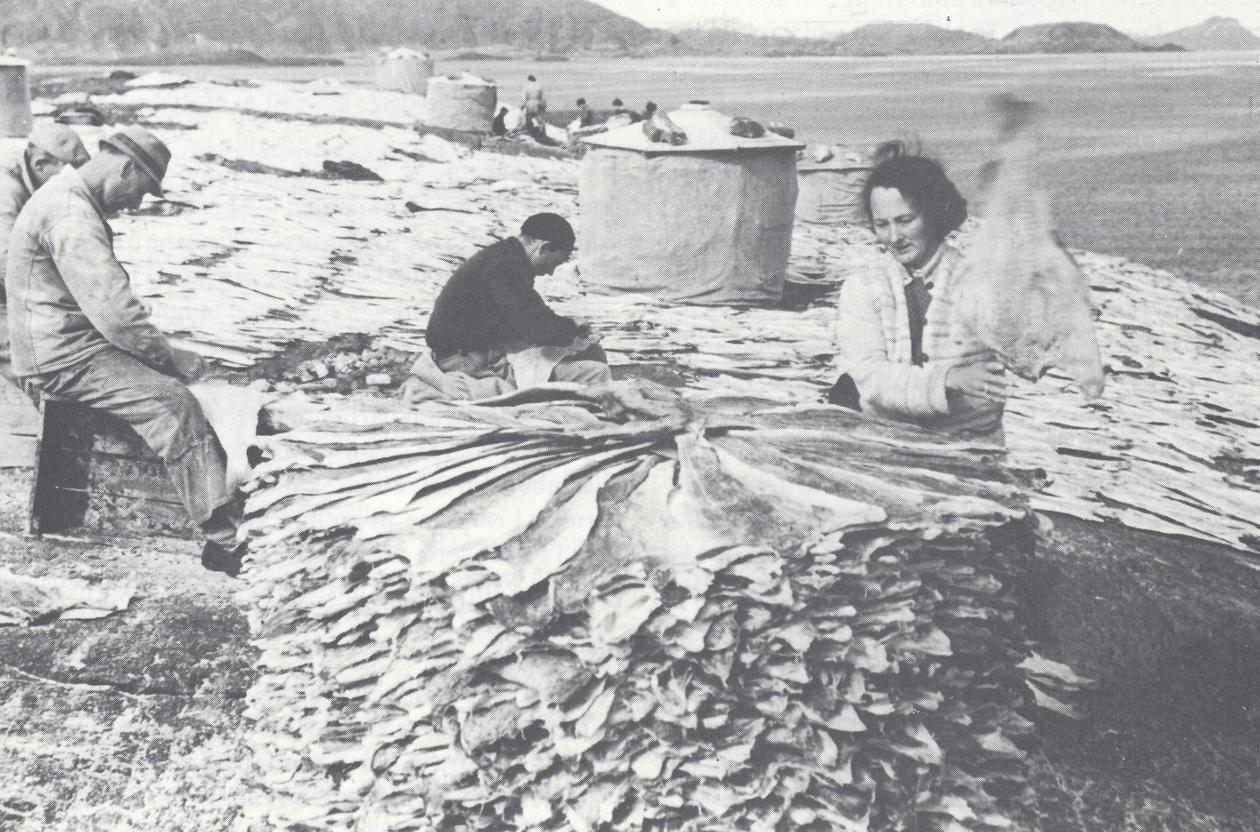Sustaining Ethical Aquaculture Trade (SEAT)
This EU-funded project, in which UiB was partner, proposed to establish an evidence-based framework to support current stakeholder dialogues organised by a third party certifier.

Main content
Trade in aquatic products is the largest global food sector, by value, with Asia representing the main external source of aquatic products into the EU. Current EU policy supporting international trade between Asia and Europe concentrates on issues of food safety as measures of quality, whilst market-forces drive development of standards and labels that identify social and environmental parameters.
This project proposes to establish an evidence-based framework to support current and future stakeholder dialogues organised by a third party certifier. This will contribute to harmonising standards, helping consumers to make fully informed choices with regards to the sustainability and safety of their seafood.
The ‘Ethical Aquatic Food Index’ (EAFI), a qualitative holistic measure of overall sustainability to support consumers’ purchasing decisions, will be based on detailed research centred around a Life Cycle Assessment (LCA) of current processes. This allied with a sustainable livelihoods approach and system thinking will ensure aquatic products reach consumers, aligned with analyses from the sustainable livelihoods approach and systems thinking. MSMEs based in the EU will participate in this project, particularly in the action research phase, thus enhancing their relative competitiveness.
By strengthening the knowledge base surrounding EU-Asia seafood trade the project will provide the evidence required to support further expansion whilst ensuring a fair deal for producers who are meeting appropriate social and environmental goals and offering a safe and sustainable product for consumers.
The sectors covered represent the main aquaculture products reaching EU markets; tilapia, catfish, shrimps and prawns. Known case study stakeholders include MSMEs in Bangladesh, China, Thailand and Vietnam where sustainability is essential in the face of rapid growth. The research will secondarily improve understanding of opportunities for European exports to supply the expanding middleclass markets in Asia. Outputs will be promoted through workshops, websites, and journal and press articles.
